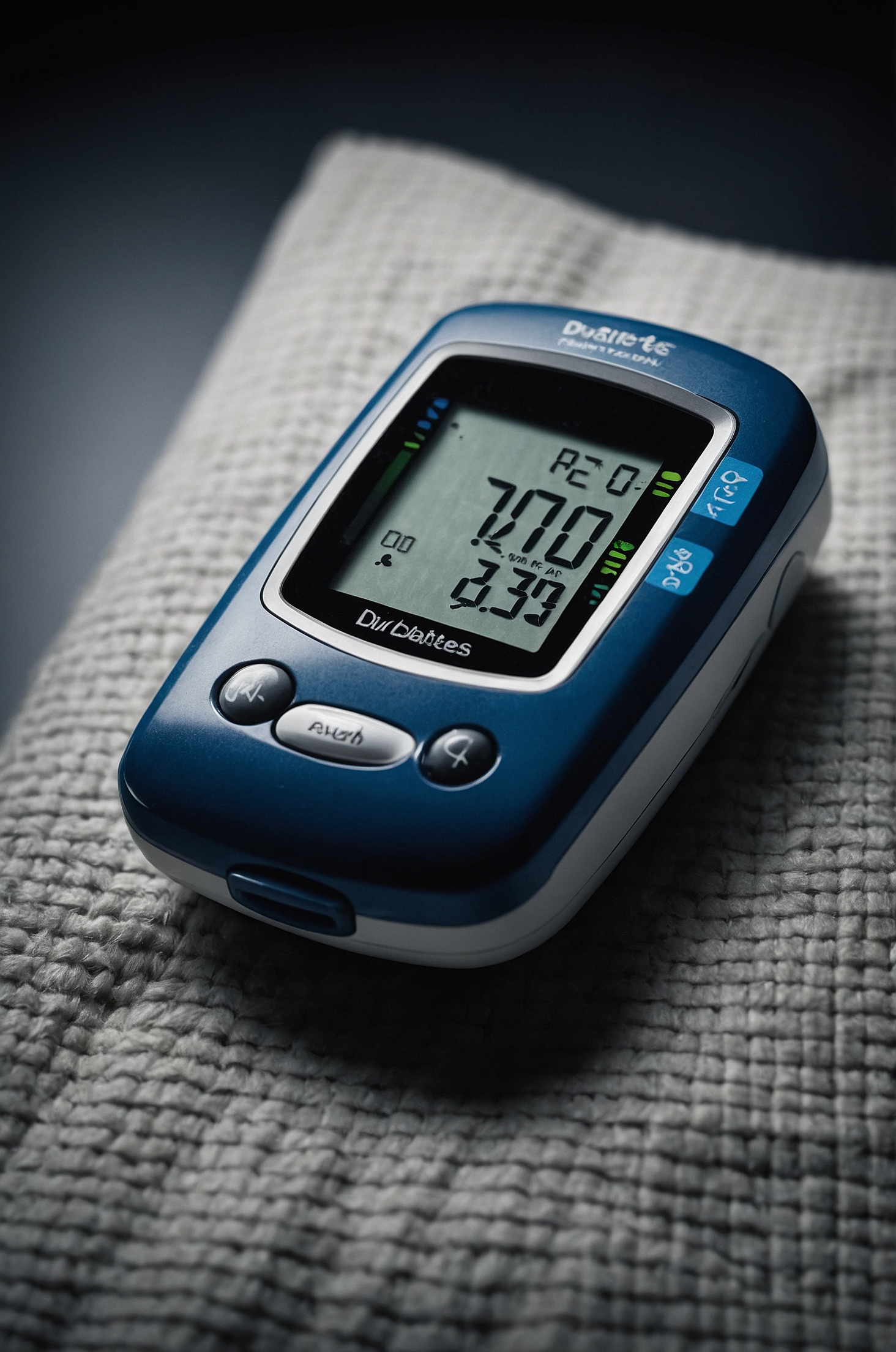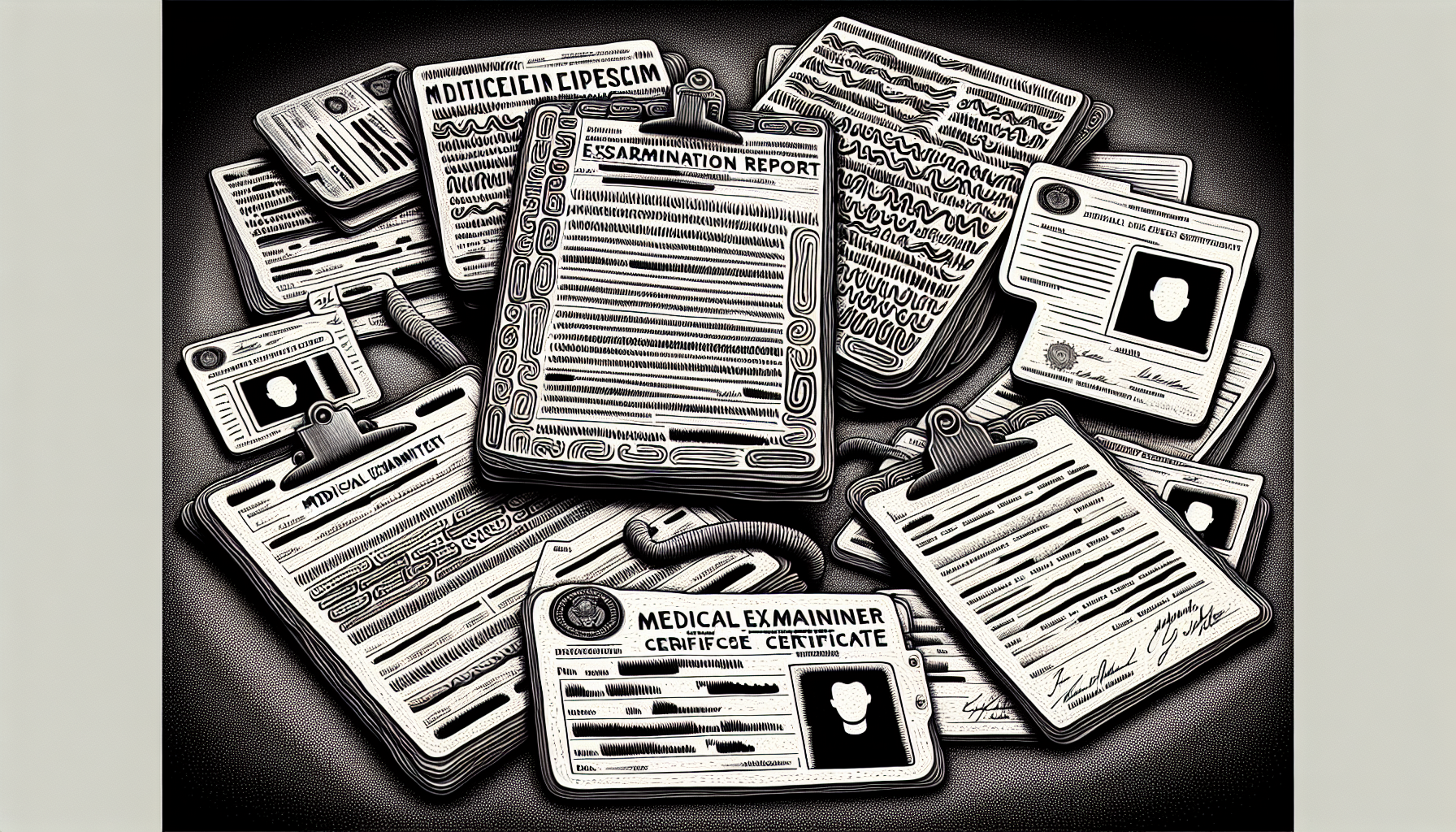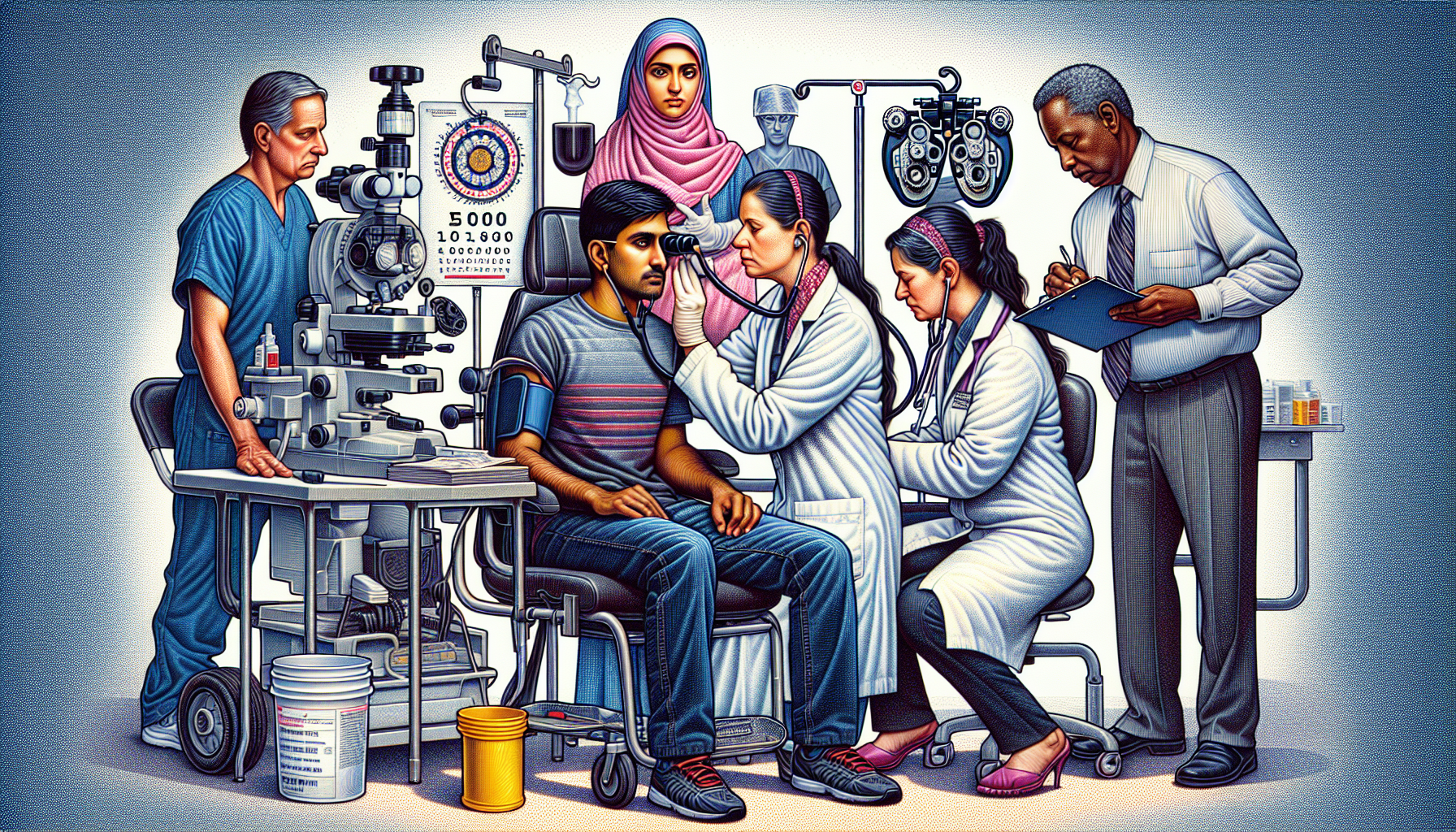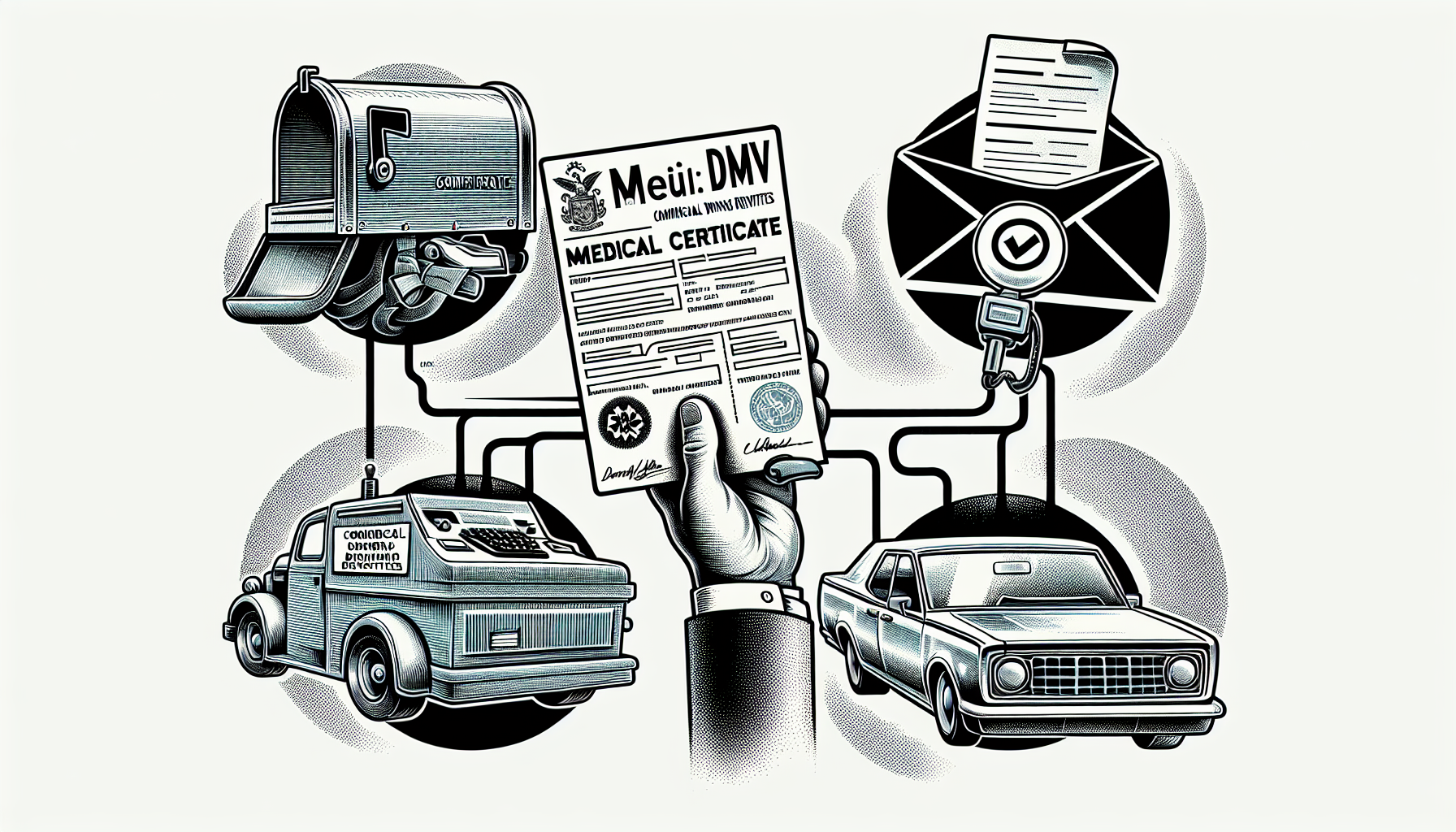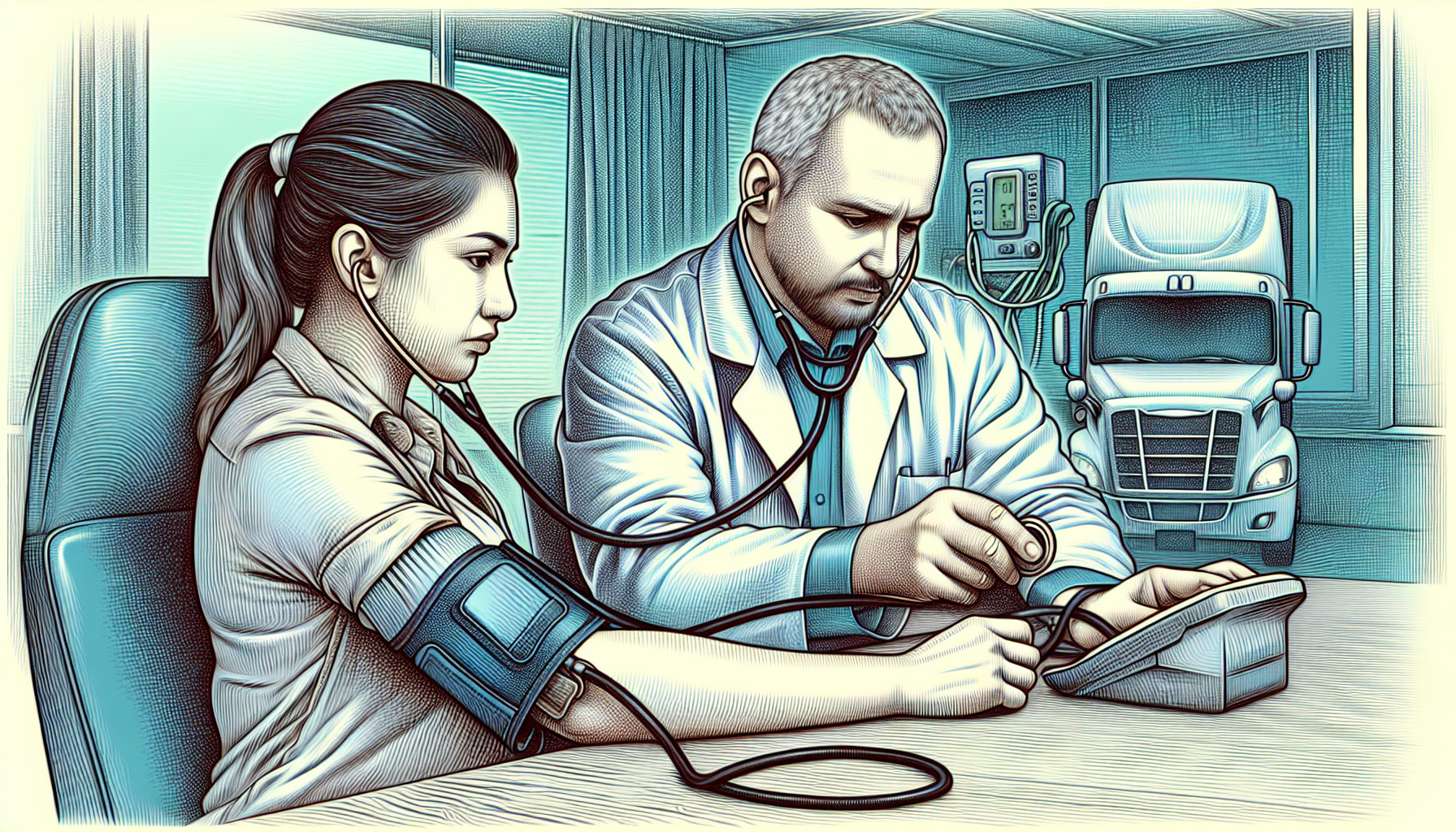Choosing the right provider for your Department of Transportation (DOT) physical exam is crucial. For commercial drivers, this isn’t just another medical check-up; it’s a federally mandated evaluation that ensures you’re fit to operate a commercial vehicle. The process can be stressful, especially when faced with long wait times, varying costs, and the uncertainty of whether you’re receiving the highest standard of care. While many drivers might consider well-known charlotte nc urgent care facilities such as AFC Urgent Care South Charlotte, StarMed Family Care, Eastway Medical Clinic, Concentra, or CVS MinuteClinic, there’s a compelling argument to be made for opting instead for a specialized provider like The Charlotte DOT Exam Center.
TL;DR: Why Choose The Charlotte DOT Exam Center?
- Affordable Pricing: Get your DOT physical exam at a competitive cost, with no hidden fees.
- Quick and Efficient: Avoid long wait times with our no-triage policy. Whether you walk in or schedule an appointment, you’ll be seen promptly.
- No appointment needed: Enjoy the convenience of receiving care quickly without the hassle of scheduling.
- Expert Care: All exams are conducted by FMCSA certified doctors, ensuring a thorough and compliant evaluation.
- Proven Success: Backed by positive testimonials and successful case studies, we’re the trusted choice for drivers and fleet managers.
- Great Customer Service: Our staff is dedicated to providing friendly and efficient interactions, ensuring a positive experience from start to finish.
- Weekend Hours: We offer weekend availability to fit your busy schedule.
Call 704-544-3494 today to schedule your DOT physical exam with The Charlotte DOT Exam Center and experience the difference!
Why Choose The Charlotte DOT Exam Center Over General Urgent Care?
Cost Effectiveness
One of the most significant factors for any service is cost, and DOT physical exams are no different. When comparing the cost of a DOT physical exam at The Charlotte DOT Exam Center versus general urgent care facilities, the difference is clear. A DOT physical exam at The Charlotte DOT Exam Center is often more affordable than a general urgent care visit, which can handle a wide range of health issues but typically comes with higher costs. While places like AFC Urgent Care South Charlotte or CVS MinuteClinic are well-known names, this recognition can sometimes come with higher prices due to the range of services they offer. At The Charlotte DOT Exam Center, we specialize in DOT physical exams, allowing us to streamline our operations and pass those savings on to our clients.
By focusing specifically on DOT exams, we’re able to offer competitive pricing that ensures every driver can afford the examination they need. Moreover, the transparency in pricing at The Charlotte DOT Exam Center means there are no hidden fees. Drivers know exactly what they’re paying for, and with various payment options available, we ensure that every driver can afford the examination they need. Our partnerships with local businesses also allow us to offer convenient services such as employment screenings and physicals, further enhancing our accessibility and affordability.
Time Efficiency and Reduced Wait Time
Time is money, especially for commercial drivers who are often on tight schedules. One of the potential drawbacks of visiting a general urgent care facility like AFC Urgent Care South Charlotte or Concentra is the possibility of long wait times, particularly during peak hours. Urgent care centers prioritize patients based on the severity of their condition, which means that drivers needing a DOT physical could be left waiting while more critical cases are seen first.
At The Charlotte DOT Exam Center, we understand the importance of your time. We do not triage patients, which significantly reduces wait times. Drivers are seen promptly, whether they come in with an appointment or as a walk-in. Our efficient check-in process ensures that you spend minimal time in the waiting room, allowing you to get back on the road quickly. We provide immediate care for a range of medical needs, ensuring that you receive the attention you require without unnecessary delays.
Furthermore, The Charlotte DOT Exam Center offers both walk-in services and scheduled appointments, providing flexibility to accommodate your busy lifestyle. Whether you prefer to plan your visit in advance or drop in when it’s convenient, we ensure that you’re in and out quickly, with minimal disruption to your day. Our urgent care providers are dedicated to offering prompt service and thorough care, making your visit as efficient and pleasant as possible.
In addition to saving you time, our streamlined process also minimizes the stress associated with DOT physical exams. By focusing exclusively on DOT exams, our staff is highly efficient and knowledgeable, ensuring that the entire process—from check-in to examination to paperwork—is handled swiftly and professionally.
Certified Medical Examiners

When it comes to your DOT physical exam, the qualifications of the examiner are crucial. At The Charlotte DOT Exam Center, all of our doctors are FMCSA (Federal Motor Carrier Safety Administration) certified medical examiners. This certification is essential for ensuring that your DOT physical is conducted by someone who is fully qualified to assess your fitness to operate a commercial vehicle. Our FMCSA certified doctors provide quality care, ensuring that patients receive prompt and attentive treatment, making them feel valued and respected throughout their visit.
While urgent care centers like StarMed Family Care and Eastway Medical Clinic may rely on mid-level providers such as nurse practitioners or physician assistants to conduct DOT exams, at The Charlotte DOT Exam Center, we believe that every driver deserves to be examined by a fully certified doctor who has extensive experience in conducting DOT exams. Our commitment to using only FMCSA certified doctors ensures that your exam is thorough, accurate, and fully compliant with federal regulations, providing peace of mind that you are receiving the highest standard of care.
The expertise of our doctors extends beyond just conducting the exam. They are also available to answer any questions you may have about the process, the requirements, or any concerns you might have about your health in relation to passing the DOT physical. This personalized level of care is something that sets The Charlotte DOT Exam Center apart from other providers.
Supporting Evidence
When making a decision as important as where to get your DOT physical exam, it’s crucial to rely on more than just promises; you need solid evidence that you’re making the right choice. At The Charlotte DOT Exam Center, we back up our claims with testimonials from satisfied clients and case studies that highlight our success in providing top-notch DOT physical exams. Unlike a general urgent care clinic, we specialize in DOT physical exams, ensuring comprehensive care with minimal wait times and a welcoming atmosphere.
Testimonials and Reviews from Urgent Care Patients
Our clients consistently praise the level of care and efficiency they experience at The Charlotte DOT Exam Center. Here’s what a few of them have to say:
- John D., Commercial Driver: “I’ve been getting my DOT physicals at various places for years, but nothing compares to the service at The Charlotte DOT Exam Center. The wait time was minimal, the staff was incredibly professional, and the doctor was thorough but efficient. I was in and out in less than an hour, which is unheard of at other places like Urgent Care Facilities in South Charlotte.”
- Sarah L., Fleet Manager: “We send all our drivers to The Charlotte DOT Exam Center now. It’s not just about the cost savings, though those are substantial. It’s the fact that we know our drivers are getting the best possible care from certified medical examiners who understand the importance of what they’re doing. The feedback from our drivers has been overwhelmingly positive.”
- Mike R., Truck Driver: “I used to go to a general urgent care for my DOT physicals, but after experiencing long wait times, I decided to try The Charlotte DOT Exam Center. What a difference! No waiting, no triage, just a straightforward, professional exam. I’ll never go anywhere else. The convenience and accessibility here are unmatched compared to other urgent cares.”
These testimonials reflect the consistent, high-quality service that drivers can expect when they choose The Charlotte DOT Exam Center. Our clients appreciate not only the efficiency of our service but also the expertise of our certified medical examiners.
Case Studies
In addition to testimonials, we have numerous case studies that demonstrate our effectiveness in providing DOT physical exams. One notable case involved a large trucking company that was experiencing significant delays and high costs due to sending drivers to various urgent care centers.
Case Study: Streamlining DOT Physicals for a Major Trucking Company
Background: A major trucking company with a fleet of over 200 drivers was struggling with the inefficiency and high costs associated with sending their drivers to different urgent care centers for DOT physical exams. The variability in service, wait times, and examiner qualifications was leading to inconsistent results and unnecessary delays.
Challenge: The company needed a reliable provider that could handle a large volume of DOT physical exams efficiently, with consistent quality and lower costs. They also wanted to minimize the time drivers spent away from the road.
Solution: The company switched to The Charlotte DOT Exam Center for all their DOT physical exams. Our ability to provide quick, efficient service with FMCSA certified medical examiners made us the ideal choice. We worked closely with the company to schedule exams at convenient times and even offered group appointments to accommodate multiple drivers at once. Unlike other urgent care facilities in South Charlotte, we specialize in DOT physicals, ensuring a streamlined and focused service.
Results: Within three months, the company reported a 30% reduction in costs related to DOT physical exams and a 50% reduction in driver downtime. Drivers consistently passed their exams without issues, and the company’s overall compliance with federal regulations improved. The company now exclusively uses The Charlotte DOT Exam Center for all their DOT physical needs.
This case study highlights the tangible benefits that can be achieved by choosing The Charlotte DOT Exam Center. By focusing on efficiency, cost-effectiveness, and expert care, we provide a superior service that directly impacts the bottom line for both individual drivers and companies.
Conclusion
As a commercial driver or fleet manager, the decision of where to get your DOT physical exam shouldn’t be taken lightly. The right choice can mean the difference between a quick, hassle-free experience and one fraught with delays, higher costs, and potential compliance issues. While general urgent care facilities like AFC Urgent Care South Charlotte, StarMed Family Care, Eastway Medical Clinic, Concentra, and CVS MinuteClinic offer a wide range of services, The Charlotte DOT Exam Center specializes in providing DOT physical exams with a level of focus and expertise that sets us apart.
By choosing The Charlotte DOT Exam Center, you’re not just getting a DOT physical exam—you’re choosing a provider that understands the importance of your time, your money, and your compliance with federal regulations. Our goal is to get you back on the road as quickly and efficiently as possible, with the confidence that your exam has been conducted to the highest standards.
So, the next time you need a DOT physical exam, make the smart choice and visit The Charlotte DOT Exam Center. Whether you prefer to book an appointment or visit our walk-in clinic, we ensure that you receive timely and efficient medical attention. Your time and your health are too important to trust to anyone else.
Choose The Charlotte DOT Exam Center Today! Call 704-544-3494
After reviewing all the reasons why The Charlotte DOT Exam Center stands out as the premier choice for your DOT physical exam, it’s clear that no other provider can match the combination of cost-effectiveness, time efficiency, and expert care that we offer.
Here’s a quick summary of why you should choose The Charlotte DOT Exam Center:
- Cost Effectiveness: We offer competitive pricing with no hidden fees, making your DOT physical exam affordable without compromising on quality.
- Time Efficiency: We understand that your time is valuable. With our no-triage policy, you won’t be left waiting while more urgent cases are prioritized. Our streamlined process ensures you’re in and out quickly, whether you’re walking in or have an appointment.
- Certified Medical Examiners: All of our doctors are FMCSA certified, meaning you’ll be seen by a fully qualified professional who understands the specific requirements of a DOT physical exam. This ensures your exam is thorough, accurate, and fully compliant with federal regulations.
- Proven Success: Our numerous testimonials and case studies demonstrate our commitment to providing top-notch service. Drivers and fleet managers alike trust us for our efficiency, expertise, and dedication to their needs.
- Weekend Hours: Our clinic is open during weekends, providing you with the flexibility to get your DOT physical exam outside of typical weekday hours.
Choosing The Charlotte DOT Exam Center isn’t just about getting a DOT physical—it’s about choosing a provider who understands the unique demands of your job and is committed to making the process as smooth and stress-free as possible.
Ready to experience the difference? Call us today at 704-544-3494 to schedule your DOT physical exam. Whether you prefer to book an appointment or walk in at your convenience, we’re here to help you get back on the road quickly and confidently. Don’t wait—take the first step towards a hassle-free DOT physical by calling 704-544-3494 now!
Frequently Asked Questions (FAQs)
1. How much does a DOT physical cost in Charlotte, NC?
The cost of a DOT physical in Charlotte, NC, is $70.00 at The Charlotte DOT Exam Center. This clinic offer the affordable rate while ensuring you receive a thorough and professional examination. For more information or to schedule an appointment, you can contact The Charlotte DOT Exam Center at 704-544-3494.
2. How do I submit my DOT medical card to NC?
Once you have completed your DOT physical and received your medical card, you need to submit it to the NC Department of Motor Vehicles (DMV). You can easily do this online through the NC DMV or by visiting this guide on submitting your DOT medical certificate to the North Carolina DMV . This resource offers step-by-step instructions to ensure your medical card is submitted and processed correctly, helping you maintain your commercial driving privileges.
3. What does a North Carolina DOT physical consist of?
A North Carolina DOT physical includes a comprehensive health examination to ensure you are physically capable of operating a commercial vehicle safely. The exam typically covers:
- Vision and hearing tests
- Blood pressure and pulse check
- Urinalysis for potential underlying medical conditions
- Examination of the heart, lungs, abdomen, and other vital organs
- Assessment of overall physical fitness, including reflexes and strength
4. Who needs a DOT medical card in PA?
In Pennsylvania, a DOT medical card is required for anyone operating a commercial motor vehicle (CMV) that meets certain criteria, including:
- Vehicles with a gross vehicle weight rating (GVWR) of 10,001 pounds or more
- Vehicles designed to transport more than 15 passengers, including the driver
- Vehicles transporting hazardous materials that require placarding
5. How long do you have after your DOT medical card expires in NC?
In North Carolina, it is crucial to renew your DOT medical card before it expires to avoid any disruption in your commercial driving privileges. If your medical card expires, you may have a grace period of a few days to submit a new card, but this is not guaranteed. It’s best to renew your DOT physical and submit your new medical card before the expiration date to avoid any penalties or suspension of your commercial driver’s license (CDL).
6. What does a NC DOT physical consist of?
The NC DOT physical is a standard examination required for commercial drivers. It includes:
- A thorough review of your medical history
- Vision and hearing tests
- Blood pressure measurement
- Urinalysis to detect underlying medical conditions
- Physical examination to assess general health and fitness
- Tests to ensure you meet the physical requirements to safely operate a commercial vehicle
7. How much does a DOT physical cost in NC?
The cost of a DOT physical in North Carolina is $70.00 at Tebby Chiropractic and Sports Medicine Clinic. This clinic provides high-quality DOT physical exams at an affordable rate. To book your exam, you can contact The Charlotte DOT Exam Center at 704-544-3494.
8. What does a DOT physical consist of in Texas?
A DOT physical in Texas includes several standard components to ensure the driver’s ability to safely operate a commercial vehicle. This includes:
- A review of the driver’s medical history
- Vision and hearing tests
- Blood pressure check
- Urinalysis
- Physical examination covering heart, lungs, abdomen, and overall fitness
9. Who needs a DOT medical card in PA?
In Pennsylvania, a DOT medical card is necessary for individuals operating commercial motor vehicles that:
- Have a GVWR of 10,001 pounds or more
- Are designed to carry more than 15 passengers
- Transport hazardous materials that require placarding
10. How much is a DOT physical in Missouri?
The cost of a DOT physical in Missouri can vary depending on the provider. Prices typically range between $75 and $150. For specific pricing at your chosen clinic, it’s recommended to contact the provider directly.

I am the administrator for the Charlotte DOT Exam facility, located in Charlotte NC. I oversee the facility services providing DOT exams in accordance with the standards of the FMCSA. We also provide DOT drug testing with MRO support when required. Drug testing can also be done for non-DOT exams such as pre-employment. In order to minimize wait times, I always encourage our clients to contact us first and make an appointment.
I would also suggest that each individual wanting to test for the CDL health card read the article “Preparing For Your DOT Exam” as it lists several things to bring to the test, such as CPAP usage

